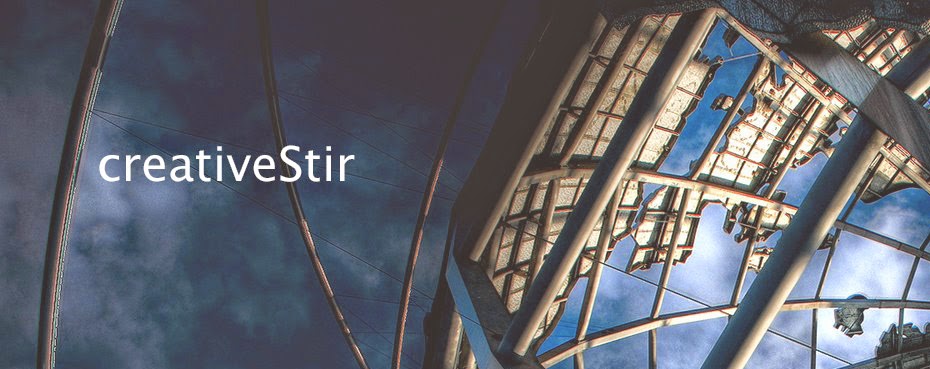It's been some time since I wrote here! Things have been pretty busy.
When my Spring sabbatical trip came to a close in mid-August, I did settle in for a bit (at Burr and Burton) to build curriculum in the scripted formats on the subject tracks that had been chosen (quite abruptly) just before I left in January. I'd mentored so many student projects in those subjects over the last eight years and made incredible community connections therein... so it'd be pretty easy.
But, it all wasn't sitting right for me. Nothing had really been built while I was gone on sabbatical over the Spring and Summer. The largest scope of development of this new curriculum was landing on me. Scripting things to that extent was a developing track I didn't have much belief in. Most importantly, I felt the need to continue lobbying for student topic choice in their education, expanding internships and the multidisciplinary work that can spin with it. I wanted to pursue even more discussions on shifts schools can make to open up individual and community learning opportunities... especially student capstone work.
So when a late offer came up to do just that, and after some soul searching, I decided it was officially time I moved on. I took a position at Burlington High School in Vermont in Technology Integration and to participate in the Partnership for Change Initiative.
Hey, I thought I'd do something with all that sabbatical research, right? ; )
I've been working on many great projects already in Burlington... designing new classes, creating opportunities for internships, promoting the school as a community learning center, reshaping approaches to web development, helping teachers explore the creative capacity of technology with students, and contributing ideas on the plans to build a new high school.
Looking back... my sincere thanks to the incredible students I worked with at Burr and Burton, so many peers, the project consultants - all the experts called on by the students in their project work, all the visitors to the Lab, the incredibly supportive communities that support the school, and to the school itself. I'm truly privileged to carry so many lasting friendships into the future.
 |
| The rLab (II) at Burr and Burton, 8/2005 - 8/2013 |
I like this picture of the rLab above... a little rough around the edges, minimalist, student designed diverse work spaces. It was truly a self-organizing system... as it's always said from day one on the top of the rLab blog, built on student and parent / guardian feedback. Students took on some great (and incredibly diverse) projects and made some forward thinking proposals that really opened up thoughts on how technology was used at the school. Promoting student inquiry into the process of education, I always felt at least, was a healthy goal... and still do.
It's tough to close up shop sometimes... but it's also exciting.
I always did love the iconic signoff from the late CBS News Anchor Walter Cronkite. I always felt it was a fitting sign-off the day, and in this case the eight years I spent teaching students at Burr and Burton Academy...
"And that's the way it is," (the close of my role in the rLab at BBA, back on...) Friday August, 23rd, 2013.
There are many articles in queue for publications coming up... my travels to High Tech High, an innovative school lunch program, and traits in school Leadership that fosters innovation to name a few.
I'll be writing as a guest blogger, and requests are coming in for presentations on opening up innovation in schools. I'm looking forward to all of them.
It's good to be creating and collaborating again. Keep moving forward, indeed.
Adam



